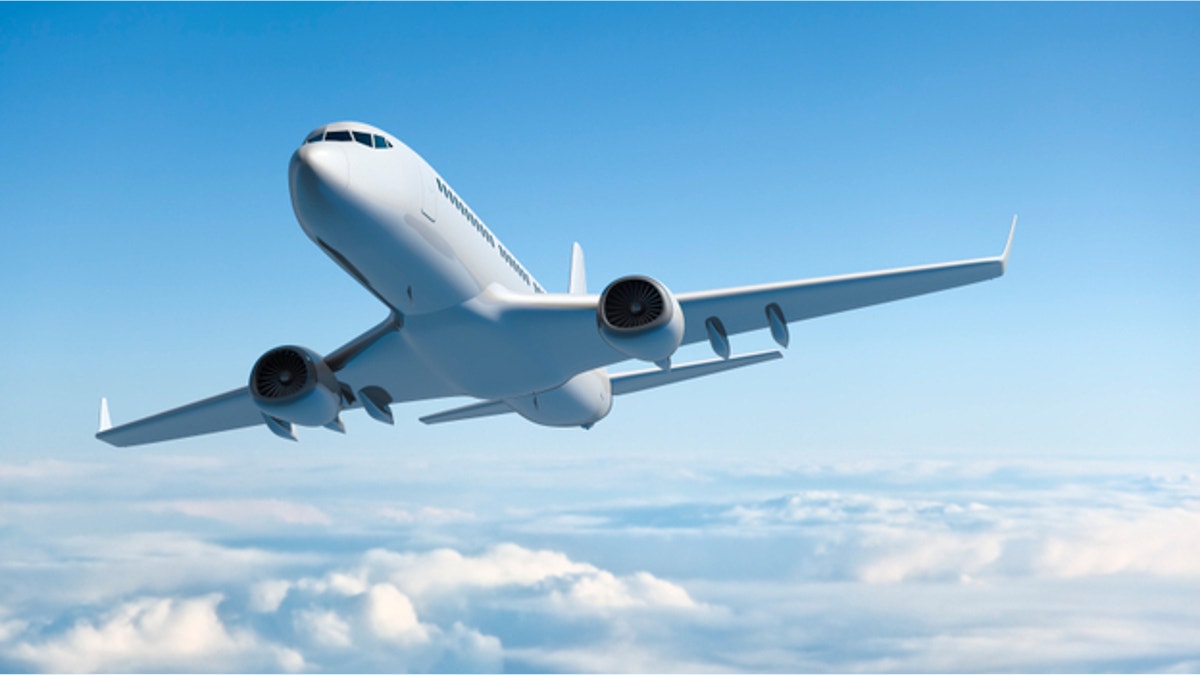
As the Trump administration continues to negotiate and define its trade relationship with China, it’s important to remember that whatever agreement comes out of the current détente will only be one step in a continual process.
Worldwide trade is incredibly complex and ever-changing. No trade regime with China can be completely defined or enforced under a single agreement. The moment one deal is made, China will immediately begin looking for other ways to gain an unfair advantage – and they are not the only ones.
This is why the Trump administration must continue to develop a system that can enforce the trade agreements it makes with China – and every other country with which the U.S. does business.
For example, the Qatari government had provided an estimated $25 billion in illegal subsidies to its state-owned carrier, Qatar Airways, in violation of its years-long Open Skies agreement with the U.S. – a bilateral treaty that ensures fair competition in the aviation market. These subsidies essentially propped up Qatar Airways, wiping away massive losses and insulating the carrier from challenging market forces. The global aviation community correctly recognized that it would be impossible to compete with an airline that didn’t have to worry about profits or demand.
President Trump brought the Qatari government to the negotiating table and held it accountable for its dubious actions. A new agreement struck in January represented an opportunity for Qatar to turn the page, and for rule-abiding airlines to finally compete on a level playing field. Qatar pledged to be more transparent in its financial transactions and in a letter accompanying the agreement, said it had no plans to launch “fifth-freedom” routes, such as those from Europe to the United States.
The Qatari leadership has continued to do virtually everything it said it wouldn’t.
Qatar’s finances have only become murkier. In late 2017, prior to the latest agreement, Qatar Airways bought a 49 percent stake in the holding company of the long-troubled airline Air Italy (once known as Meridiana). Early this month, Air Italy announced it will launch new routes from Milan to San Francisco and Los Angeles next year.
This isn’t a coincidence. Qatar Airways is simply dumping its government subsidies into Air Italy, so it can gain access to the United States via the Italian airline. Air Italy would not have been able to launch these routes without the financial backing of Qatar Airways, and Qatar would have not been able to provide its backing without illegal subsidies. Prior to Qatar’s purchase, Air Italy was mainly serving just a few regional routes.
This puts the U.S. aviation industry and the 1.2 million jobs it supports at risk.
Consider this: Qatar’s ability to skirt markets and dump subsidies into pet projects is a fraction of a fraction of China’s capability.
Even before news of Air Italy’s California routes came out, there was widespread concern that Qatar was violating the January agreement. Recently 11 senators, including Ted Cruz, R-Texas, and Rand Paul, R-Ky., wrote to Secretary of Transportation Elaine Chao, Secretary of State Mike Pompeo, and Secretary of Commerce Wilbur Ross, expressing concerns over Qatar Airways and Air Italy.
Consider this: Qatar’s ability to skirt markets and dump subsidies into pet projects is a fraction of a fraction of China’s capability.
This is why President Trump is taking China so seriously. He knows that he has to bring maximum toughness to every negotiation with China so China’s leaders begin to understand that cheating will not be tolerated.
However, the system that the Trump administration builds for keeping China and other trading partners accountable once these deals are made must be even more tough. To be sure, Trump’s resolve in the fight over trade with China has caused some U.S. industries some pain, but this is nothing compared to what an unchecked China could do. Chinese President Xi Jinping has been clear about all of the sectors he intends to dominate.
This is potentially the greatest challenge President Trump – and America as a whole – face in the coming decades. Free, fair, and reciprocal trade is a fight we must win. Our survival depends on it.
Disclaimer: Speaker Newt Gingrich is an adviser to Delta Airlines, which is part of a broad coalition of U.S. carriers that oppose the subsidized Qatar Airways/Air Italy expansion into the U.S. market.









































